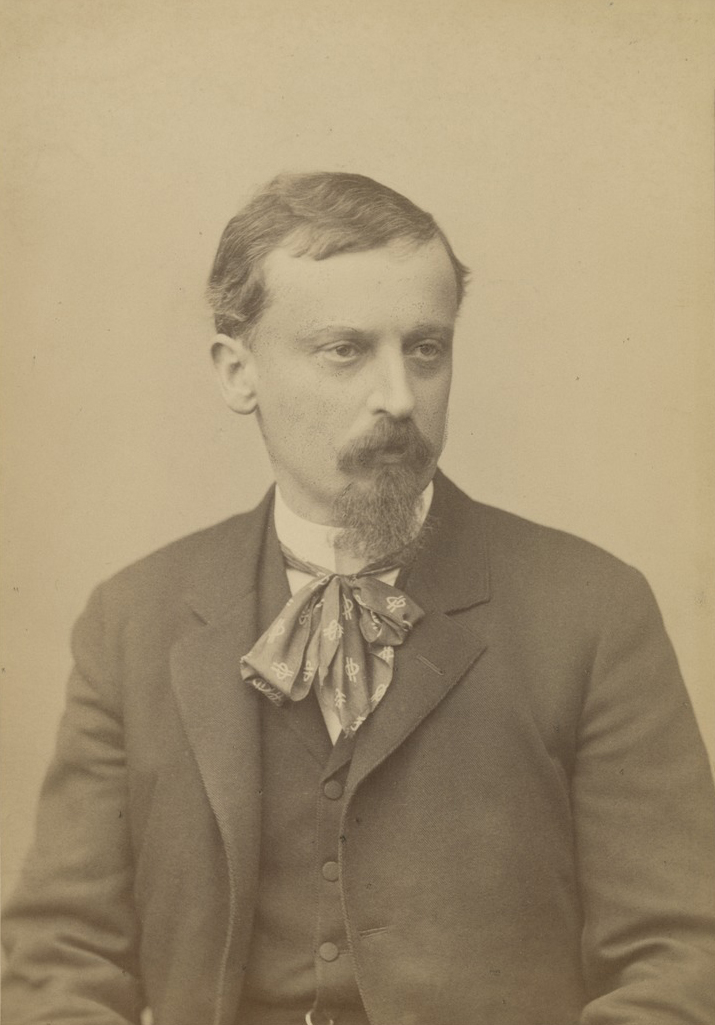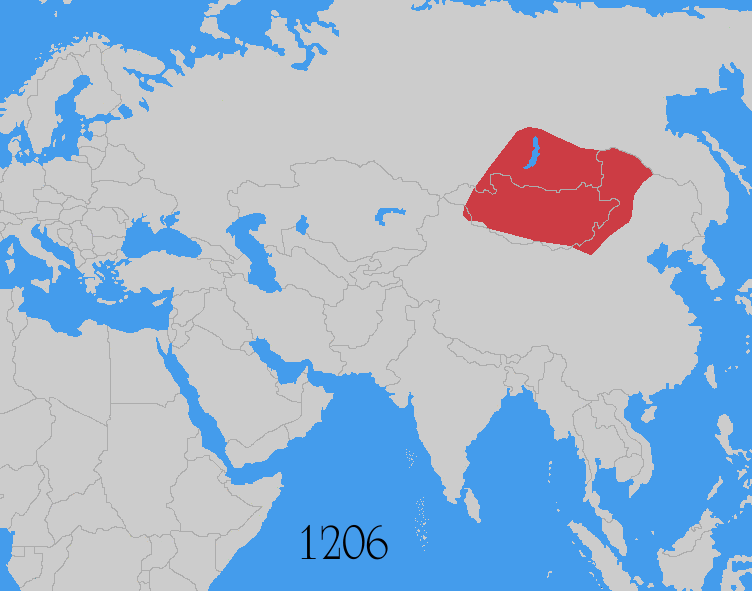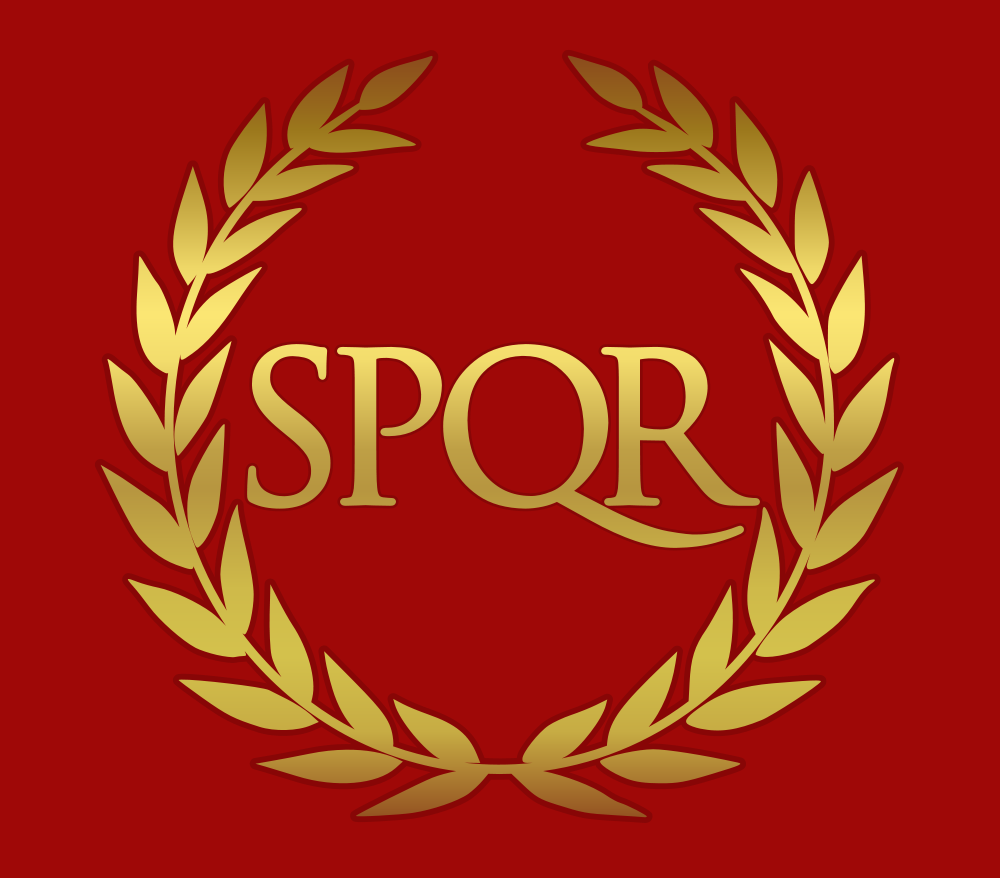|
Rafael Lemkin
Raphael Lemkin ( pl, Rafał Lemkin; 24 June 1900 – 28 August 1959) was a Polish lawyer who is best known for coining the term ''genocide'' and initiating the Genocide Convention, an interest spurred on after learning about the Armenian genocide and finding out that no international laws existed to prosecute the Ottoman leaders who had perpetrated these crimes. Lemkin coined ''genocide'' in 1943 or 1944 from ( grc-gre, γένος, 'family, clan, tribe, race, stock, kin') and ''-cide'' ( la, -cīdium, 'killing'). He became interested in war crimes after reading about the 1921 trial of Soghomon Tehlirian for the assassination of Talaat Pasha. He recognized the fate of Armenians as one of the most significant genocides of the 20th century. Life Early life Lemkin was born Rafał Lemkin on 24 June 1900 in Bezwodne, a village in the Volkovyssky Uyezd of the Grodno Governorate of the Russian Empire (present-day Belarus). He grew up in a Polish Jewish family on a large farm near ... [...More Info...] [...Related Items...] OR: [Wikipedia] [Google] [Baidu] |
Zel’va District
Zelva ( be, Зэльва, russian: Зе́льва, pl, Zelwa, lt, Zelva, Želva, yi, זעלווא) is a urban settlement (Belarus), town in Grodno Region, Belarus, the administrative center of Zel’va district. It is situated by the Zel’vyanka River. History In 1921, 1344 inhabitants were Jews. During World War II, Zelva was German occupation of Byelorussia during World War II, occupied by Nazi Germany from 1 July 1941 until 12 July 1944 and administered as a part of Bezirk Bialystok. When the Germans entered the town, they killed 40 to 50 Jewish men and kept the Jews of the town imprisoned in a ghetto in very harsh conditions. In November 1942, the Jews were deported and murdered at the Treblinka extermination camp. References Populated places in Grodno Region Urban-type settlements in Belarus Nowogródek Voivodeship (1507–1795) Volkovyssky Uyezd Białystok Voivodeship (1919–1939) Holocaust locations in Belarus {{Belarus-geo-stub ... [...More Info...] [...Related Items...] OR: [Wikipedia] [Google] [Baidu] |
Interwar Period
In the history of the 20th century, the interwar period lasted from 11 November 1918 to 1 September 1939 (20 years, 9 months, 21 days), the end of the World War I, First World War to the beginning of the World War II, Second World War. The interwar period was relatively short, yet featured many significant social, political, and economic changes throughout the world. Petroleum-based energy production and associated mechanisation led to the prosperous Roaring Twenties, a time of both social mobility and economic mobility for the middle class. Automobiles, electric lighting, radio, and more became common among populations in the developed world. The indulgences of the era subsequently were followed by the Great Depression, an unprecedented worldwide economic downturn that severely damaged many of the world's largest economies. Politically, the era coincided with the rise of communism, starting in Russia with the October Revolution and Russian Civil War, at the end of World War I ... [...More Info...] [...Related Items...] OR: [Wikipedia] [Google] [Baidu] |
Białystok Pogrom
The Belostok (Białystok) pogrom occurred between 14–16 June 1906 (1–3 June Old Style) in Białystok, Poland (then part of the Russian Empire). During the pogrom between 81 and 88 people were killed by soldiers of the Imperial Russian Army, the Black Hundreds and the Chernoe Znamia, and about 80 people were wounded. The Białystok pogrom was one of a series of violent outbreaks against Jews between 1903 and 1908, including the Kishinev pogrom, the Odessa pogrom, and the Kiev pogrom. Background At the beginning of the 20th century, Białystok was a city with a predominantly Jewish population. In 1895, the Jewish population numbered 47,783 (out of 62,993, or about 76%). Białystok was primarily a city known for its textile manufacturing, commerce and industry. During the 1905 Russian Revolution the city was a center of the radical labour movement, with strong organisations of the Bund and the Polish Socialist Party as well as the more radical anarchists of the Black Ban ... [...More Info...] [...Related Items...] OR: [Wikipedia] [Google] [Baidu] |
Christians
Christians () are people who follow or adhere to Christianity, a monotheistic Abrahamic religion based on the life and teachings of Jesus Christ. The words ''Christ'' and ''Christian'' derive from the Koine Greek title ''Christós'' (Χριστός), a translation of the Biblical Hebrew term ''mashiach'' (מָשִׁיחַ) (usually rendered as ''messiah'' in English). While there are diverse interpretations of Christianity which sometimes conflict, they are united in believing that Jesus has a unique significance. The term ''Christian'' used as an adjective is descriptive of anything associated with Christianity or Christian churches, or in a proverbial sense "all that is noble, and good, and Christ-like." It does not have a meaning of 'of Christ' or 'related or pertaining to Christ'. According to a 2011 Pew Research Center survey, there were 2.2 billion Christians around the world in 2010, up from about 600 million in 1910. Today, about 37% of all Christians live in the Am ... [...More Info...] [...Related Items...] OR: [Wikipedia] [Google] [Baidu] |
Nero
Nero Claudius Caesar Augustus Germanicus ( ; born Lucius Domitius Ahenobarbus; 15 December AD 37 – 9 June AD 68), was the fifth Roman emperor and final emperor of the Julio-Claudian dynasty, reigning from AD 54 until his death in AD 68. He was adopted by the Roman emperor Claudius at the age of 13 and succeeded him on the throne. Nero was popular with the members of his Praetorian Guard and lower-class commoners in Rome and its provinces, but he was deeply resented by the Roman aristocracy. Most contemporary sources describe him as tyrannical, self-indulgent, and debauched. After being declared a public enemy by the Roman Senate, he committed suicide at age 30. Nero was born at Antium in AD 37, the son of Gnaeus Domitius Ahenobarbus and Agrippina the Younger, a great-granddaughter of the emperor Augustus. When Nero was two years old, his father died. His mother married the emperor Claudius, who eventually adopted Nero as his heir; when Cla ... [...More Info...] [...Related Items...] OR: [Wikipedia] [Google] [Baidu] |
Henryk Sienkiewicz
Henryk Adam Aleksander Pius Sienkiewicz ( , ; 5 May 1846 – 15 November 1916), also known by the pseudonym Litwos (), was a Polish writer, novelist, journalist and Nobel Prize laureate. He is best remembered for his historical novels, especially for his internationally known best-seller ''Quo Vadis'' (1896). Born into an impoverished Polish noble family in Russian-ruled Congress Poland, in the late 1860s he began publishing journalistic and literary pieces. In the late 1870s he traveled to the United States, sending back travel essays that won him popularity with Polish readers. In the 1880s he began serializing novels that further increased his popularity. He soon became one of the most popular Polish writers of the turn of the 19th and 20th centuries, and numerous translations gained him international renown, culminating in his receipt of the 1905 Nobel Prize in Literature for his "outstanding merits as an epic writer." Many of his novels remain in print. In Poland he is ... [...More Info...] [...Related Items...] OR: [Wikipedia] [Google] [Baidu] |
Quo Vadis (novel)
''Quo Vadis: A Narrative of the Time of Nero'' is a historical novel written by Henryk Sienkiewicz in Polish. The novel ''Quo Vadis'' tells of a love that develops between a young Christian woman, Lygia (Ligia in Polish) and Marcus Vinicius, a Roman patrician. It takes place in the city of Rome under the rule of emperor Nero, AD 64. Sienkiewicz studied the Roman Empire extensively before writing the novel, with the aim of getting historical details correct. Consequently, several historical figures appear in the book. As a whole, the novel carries a pro-Christian message. It was first published in installments in the ''Gazeta Polska'' between 26 March 1895 and 29 February 1896, as well as in two other journals, ''Czas'' and ''Dziennik Poznański'', starting two and three days later. It was published in book form in 1896 and has been translated into more than 50 languages. The novel contributed to Sienkiewicz's Nobel Prize for literature in 1905. Several movies have been ba ... [...More Info...] [...Related Items...] OR: [Wikipedia] [Google] [Baidu] |
Huguenot
The Huguenots ( , also , ) were a religious group of French Protestants who held to the Reformed, or Calvinist, tradition of Protestantism. The term, which may be derived from the name of a Swiss political leader, the Genevan burgomaster Bezanson Hugues (1491–1532?), was in common use by the mid-16th century. ''Huguenot'' was frequently used in reference to those of the Reformed Church of France from the time of the Protestant Reformation. By contrast, the Protestant populations of eastern France, in Alsace, Moselle, and Montbéliard, were mainly Lutherans. In his ''Encyclopedia of Protestantism'', Hans Hillerbrand wrote that on the eve of the St. Bartholomew's Day massacre in 1572, the Huguenot community made up as much as 10% of the French population. By 1600, it had declined to 7–8%, and was reduced further late in the century after the return of persecution under Louis XIV, who instituted the '' dragonnades'' to forcibly convert Protestants, and then finally revoke ... [...More Info...] [...Related Items...] OR: [Wikipedia] [Google] [Baidu] |
Mongol Invasions And Conquests
The Mongol invasions and conquests took place during the 13th and 14th centuries, creating history's largest contiguous empire: the Mongol Empire ( 1206- 1368), which by 1300 covered large parts of Eurasia. Historians regard the Mongol devastation as one of the deadliest episodes in history. In addition, Mongol expeditions may have spread the bubonic plague across much of Eurasia, helping to spark the Black Death of the 14th century. The Mongol Empire developed in the course of the 13th century through a series of victorious campaigns throughout Asia, reaching Eastern Europe by the 1240s. In contrast with later "empires of the sea" such as European colonial powers, the Mongol Empire was a land power, fueled by the grass-foraging Mongol cavalry and cattle. Thus most Mongol conquest and plundering took place during the warmer seasons, when there was sufficient grazing for their herds. The rise of the Mongols was preceded by 15 years of wet and warm weather conditions from 1211 to ... [...More Info...] [...Related Items...] OR: [Wikipedia] [Google] [Baidu] |
Siege Of Carthage (Third Punic War)
The siege of Carthage was the main engagement of the Third Punic War between Carthage and Rome. It consisted of the nearly-three-year siege of the Carthaginian capital, Carthage (a little north east of Tunis), followed by attempted genocide and enslavement of its people. In 149 BC, a large Roman army landed at Utica in North Africa. The Carthaginians hoped to appease the Romans, but despite the Carthaginians surrendering all of their weapons, the Romans pushed to besiege the city of Carthage. The Roman campaign suffered repeated setbacks, due to skill issues, through 149 BC, only alleviated by Scipio Aemilianus, a middle-ranking officer, distinguishing himself several times. A new Roman commander took over in 148 BC, and fared equally badly. At the annual election of Roman magistrates in early 147 BC, the public support for Scipio was so great that the usual age restrictions were lifted to allow him to be appointed commander in Africa. Scipio's term ... [...More Info...] [...Related Items...] OR: [Wikipedia] [Google] [Baidu] |
Homeschooled
Homeschooling or home schooling, also known as home education or elective home education (EHE), is the education of school-aged children at home or a variety of places other than a school. Usually conducted by a parent, tutor, or an online teacher, many homeschool families use less formal, more personalized and individualized methods of learning that are not always found in schools. The actual practice of homeschooling can vary. The spectrum ranges from highly structured forms based on traditional school lessons to more open, free forms such as unschooling, which is a lesson- and curriculum-free implementation of homeschooling. Some families who initially attended a school go through a deschool phase to break away from school habits and prepare for homeschooling. While "homeschooling" is the term commonly used in North America, "home education" is primarily used in Europe and many Commonwealth countries. Homeschooling should not be confused with distance education, which g ... [...More Info...] [...Related Items...] OR: [Wikipedia] [Google] [Baidu] |
Vawkavysk
Vawkavysk ( be, Ваўкавы́ск, ; russian: Волковы́ск; pl, Wołkowysk; lt, Valkaviskas; yi, וואלקאוויסק; Names of European cities in different languages: U-Z#V, names in other languages) is one of the oldest towns in southwestern Belarus and the capital of the Vawkavysk district. It is located on the Wolkowyja River, roughly from Grodno and from Minsk. Its population is estimated at 43,826 inhabitants. Vawkavysk was first unofficially mentioned in the Turaŭ, Turov Annals in 1005 and this year is widely accepted as the founding year for Vawkavysk. At that time it was a city-fortress on the border of the Baltic and the Slavic ethnic groups. Since the 12th century, Vawkavysk was the center of a small princedom. The Hypatian Codex, Hypatian Chronicle mentions the city in 1252. Toponymy The name is thought to be derived from the local dialect for the phrases for searching for wolves () or the howling of wolves (). Old Belarusian tradition refers to the ... [...More Info...] [...Related Items...] OR: [Wikipedia] [Google] [Baidu] |










